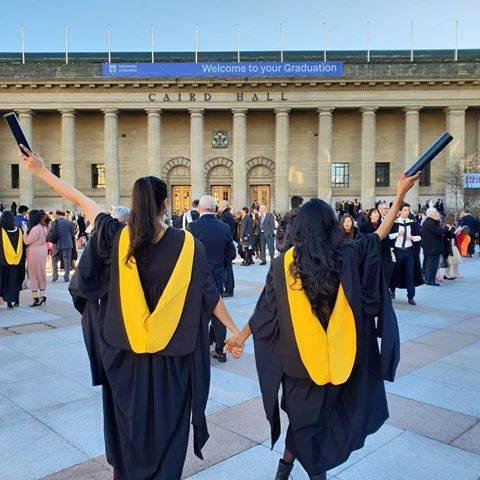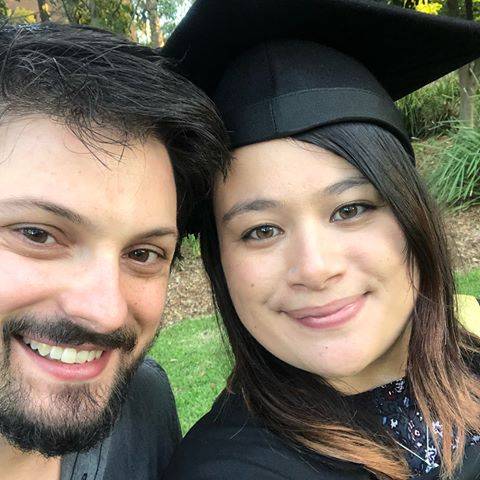沟通之前:希望您能花,三到五分钟的时间,观看我们的视频,对我们的能力,有一个初步判断。
悉尼大学毕业照展示

尽管加拿大高等教育受到积极欢迎,但斯蒂芬·哈珀(Stephen Harper)的少数党保守党政府在3月22日(星期二)提交的预算议案并没有持续很久。
相反,反对党有望成为联邦选举纲领的中心议题。
在预算公布三天后,加拿大反对党自由党星期五提出了一项不信任动议,指出政府“公然无视”民主,他们认为这是失败的。
经济议程。
随后,斯蒂芬·哈珀总理被迫于次日举行大选,选举将于5月2日举行。
预算的各个方面暗示了政府高等教育资助战略的一个转折点。
的确,它因承认加拿大悉尼大学在促进全球经济中的生产力和创新方面的关键作用而受到赞扬——经过多年的暗中削减。
加拿大悉尼大学和学院协会主席保罗·戴维森称赞预算代表了“悉尼大学部门的巨大进步”。
他指出每年为三个联邦研究资助委员会拨款3,700万加元(3,770万美元),以及53.5加元。
在5年内创建了10个新的加拿大卓越研究主席团,承诺在未来6年内为加拿大悉尼大学领导或参与的战略研究项目提供近2.5亿美元。
拟议预算还大力支持数字创新,力求帮助加拿大在数字技术和内容的创建、采用和使用方面处于领先地位。
三年内将投资约6,000万加元用于促进与数字经济相关的重要学科的悉尼大学的大学生入学。
国际悉尼大学的大学生和研究人员将受益于更加协调一致的努力,以支持国际倡议和研究合作,作为一项国际教育战略将在未来两年内获得1000万加元。
然而,为了应对不断升级的联邦悉尼大学的大学生贷款债务(估计已经膨胀到150亿加元),预算中的裂痕变得明显。
加拿悉尼大悉尼大学的大学生联合会(Canadian Federation of.)国家主席戴维·莫伦惠斯(David Molenhuis)在预算公布后不久说:“没有国家高等教育战略,学费和悉尼大学的大学生债务将继续增加。
加拿大人文社会科学联合会会长诺琳·高尔夫曼说,尽管与世界其他地方高等教育预算的大幅削减相比,这些投资还是“向世界发出了一个明确的信息:[加拿大]打算保持领先地位,创新和批判性思维是必不可少的和不可谈判的,无论是在好日子还是在困难时期。
“但是,随着选举的进行,加拿大是否能够达到这些预算预期尚无定论。

In response to Elayne Clift’s commentary on online teaching: US: I’ll never teach online again, the University of Sydney’s Mary-Helen Ward says things are not as bad as might appear:Elayne,I’m sorry your experience was so negative.
But some of this could have been avoided.
For example, people who teach online are no more obliged to interact with their students 24 hours a day, seven days a week then people who teach face-to-face.
It is your choice to answer emails, enter the online site, or accept messages from your students outside the times you’ve designated as being ‘available’.
You’re still in control.
Similarly, the “lack of immediacy of communication” can be freeing – rather than having to respond in minutes, you can give a considered reply, thus taking control of the framing of your response.
Also, do you want immediacy or do you want to be left in peace sometimes?As for the lack of personal contact, this is a two-edged sword.
I was stuck in some bloody awful tutorials in my student years, with people I found intensely irritating (sometimes including the tutor), and that did not facilitate my learning in the discipline, although it may have improved some of my social skills in dealing with difficult people.
I would have far preferred to have been able to learn online, with the time it takes to think things through and construct my own ideas and responses alone, rather than be pressure-cooked in a tutorial with a bunch of morons and a sarcastic or inadequate tutor.
I’m sure you are neither sarcastic nor inadequate but you cannot be all things to all students.
In online learning, the knowledge can become the focus of the pedagogical relationship rather than the personalities in the room.
And that is why I prefer blended learning, as both a student and a teacher.
Mary-Helen WardeLearning Project Manager (Sciences and Technology)University of Sydney
